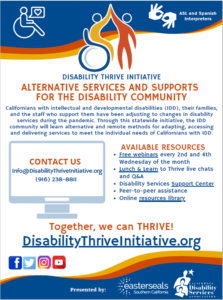For the past few years, Suzanne Hullinger, owner of the Side Street Café in Newbury Park, has been something of a scofflaw. A nd her customers have loved her for it. Beginning Thursday, Hullinger will become a fully law-abiding restaurateur.
nd her customers have loved her for it. Beginning Thursday, Hullinger will become a fully law-abiding restaurateur.
Under a law signed this year by Gov. Jerry Brown that takes effect Thursday, dogs will be permitted to dine with their owners on outdoor patios at restaurants, provided certain conditions are met. It will make legal a practice the Side Street Café and several other restaurants in Ventura County — notably, the Lazy Dog restaurants in Thousand Oaks and Oxnard — have been following for some time. Read more.






